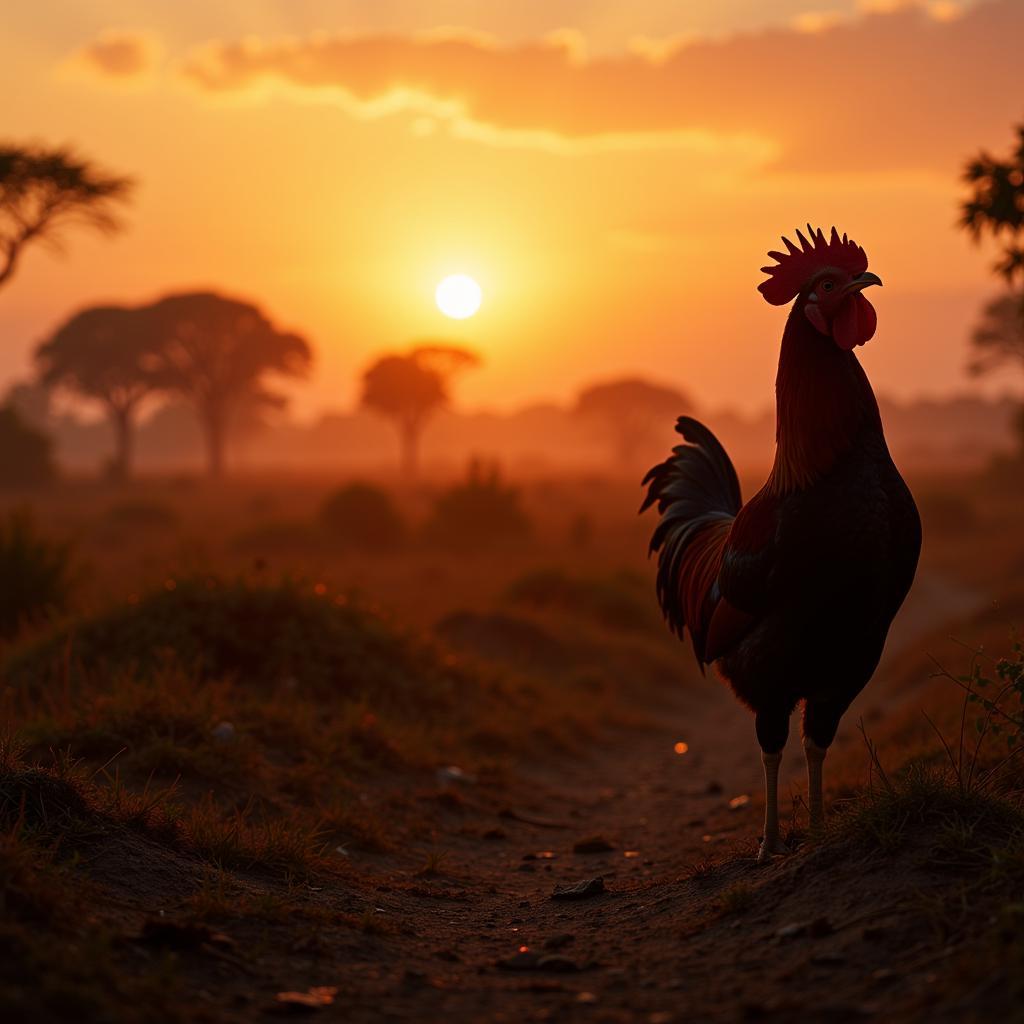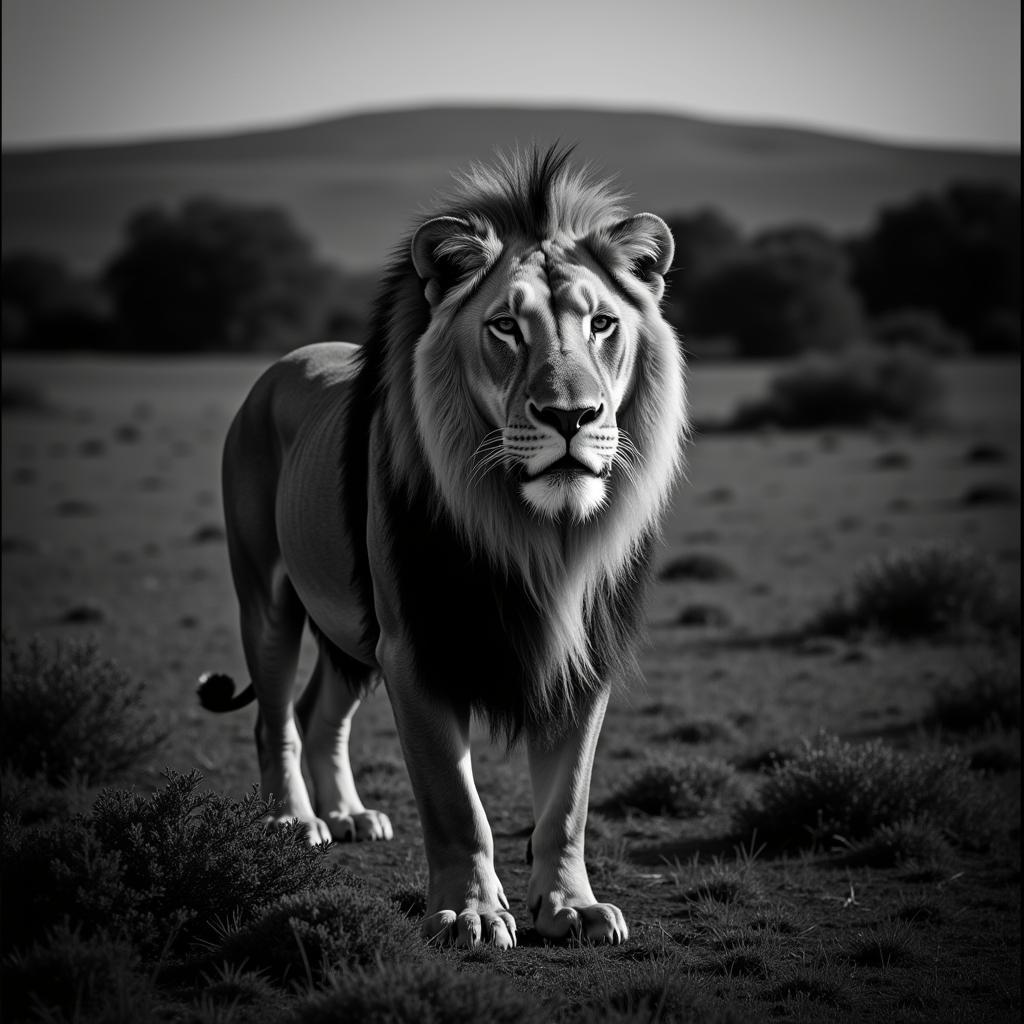African Historical Figures: A Legacy of Leaders, Thinkers, and Revolutionaries
Africa boasts a rich tapestry of history, woven with the threads of powerful empires, vibrant cultures, and influential figures who have shaped the continent and the world. From ancient rulers to modern-day icons, these African Historical Figures left an indelible mark on politics, arts, science, and human rights. This exploration delves into the lives and legacies of some of these remarkable individuals, shedding light on their achievements and their lasting impact on Africa and beyond.
Ancient African Leaders: Architects of Empires and Kingdoms
The sands of time hold the stories of legendary African leaders who built and ruled powerful empires and kingdoms. Figures like Mansa Musa of the Mali Empire, renowned for his wealth and pilgrimage to Mecca, showcased Africa’s opulence and influence on the world stage.
South of the Sahara Desert, the Great Zimbabwe civilization flourished, leaving behind architectural marvels like the Great Zimbabwe ruins, a testament to their advanced civilization. Across the continent, the echoes of powerful queens resonate. Queen Nzinga of Ndongo and Matamba in present-day Angola fiercely resisted Portuguese colonialism, her strategic brilliance ensuring her people’s survival.
African Resistance Leaders: Champions of Independence
The colonial era witnessed the rise of valiant leaders who challenged European domination and fought tirelessly for their people’s liberation. Kwame Nkrumah, a visionary leader and scholar, led Ghana to independence in 1957, becoming a symbol of Pan-Africanism and inspiring liberation movements across the continent.
In Algeria, Emir Abdelkader, a skilled military strategist and Sufi scholar, fiercely resisted French colonization. His courage and intellect earned him global recognition as a symbol of resistance against oppression. Similarly, Samory Touré’s resistance against French forces in West Africa solidified his legacy as a military genius and a staunch defender of his people.
Shaping Modern Africa: Post-Colonial Leaders and Visionaries
The post-colonial era saw the emergence of leaders who grappled with the complexities of nation-building and development. Julius Nyerere, Tanzania’s first president, advocated for African unity and socialist principles, shaping the country’s path after independence.
Meanwhile, across the continent, Nelson Mandela’s unwavering fight against apartheid in South Africa, culminating in his presidency in 1994, exemplified the triumph of perseverance and the power of forgiveness. These leaders, each navigating unique challenges, left an indelible mark on their nations and the African continent.
African Artists and Thinkers: Shaping Cultural Identity
Beyond the political sphere, African artists, writers, and intellectuals have played a pivotal role in shaping cultural identity and challenging global narratives. Literary giants like Chinua Achebe, with his seminal work “Things Fall Apart,” and Wole Soyinka, the first African Nobel laureate in Literature, gave voice to African experiences, challenging colonial perspectives and sparking important conversations about colonialism, identity, and social justice.
african american historical figures
In the realm of music, Fela Kuti, a Nigerian multi-instrumentalist and activist, used his music, Afrobeat, to criticize corruption and social injustice, becoming a voice for the voiceless and a symbol of resistance. These artists, through their creative expressions, continue to inspire generations and contribute to the ongoing dialogue about Africa’s place in the world.
Women Shaping Africa: Trailblazers and Champions of Change
African women have always been at the forefront of change, their contributions spanning various fields, from politics and activism to arts and science. Wangari Maathai, a Kenyan environmentalist and the first African woman to win the Nobel Peace Prize, highlighted the interconnectedness of environmental degradation, poverty, and women’s rights. Her Green Belt Movement, focused on tree planting, became a model for sustainable development and community empowerment.
Miriam Makeba, a South African singer and activist, used her powerful voice to denounce apartheid, becoming a global icon and earning the title “Mama Africa.” These women, and countless others, continue to challenge societal norms, advocate for equality, and inspire future generations.
Legacy of African Historical Figures: Inspiration for Future Generations
The lives and legacies of these African historical figures, and many more not mentioned here, serve as an inspiration to people worldwide. Their stories remind us of the power of resilience, the importance of fighting for justice, and the enduring impact of human courage and determination.
These individuals, through their struggles and triumphs, have shaped the narrative of Africa, highlighting the continent’s rich history, diverse cultures, and its ongoing journey towards progress and self-determination. As we celebrate their achievements, we also recognize the importance of continuing their work, striving for a future where every African voice is heard, and every individual has the opportunity to reach their full potential.
FAQ: Understanding Africa’s Historical Figures
1. Who is considered the richest man in history?
Mansa Musa, the 14th-century emperor of the Mali Empire, is widely regarded as the wealthiest person in history. His wealth, primarily derived from gold and salt, was so vast that his pilgrimage to Mecca in 1324 caused a significant devaluation of gold in the region.
2. Who was the first black president in Africa?
While Kwame Nkrumah of Ghana is often cited as the first black president in Africa, it’s essential to acknowledge that several African nations had presidents of African descent before Ghana’s independence in 1957. However, Nkrumah’s leadership during the Pan-African movement solidified his place as a pivotal figure in African liberation.
3. Who were some powerful African queens?
Africa boasts a long history of powerful queens who ruled kingdoms and empires, leaving a lasting impact on the continent. Some notable figures include:
- Queen Nzinga: A skilled warrior and strategist who resisted Portuguese colonialism in present-day Angola.
- Queen Amina of Zaria: A fierce Hausa warrior queen who expanded the territory of the Zazzau kingdom in modern-day Nigeria.
- Queen Yaa Asantewaa of the Ashanti Empire: A courageous leader who led the Ashanti rebellion against British colonialism in present-day Ghana.
- Queen of Sheba: A legendary figure believed to have ruled the ancient Kingdom of Sheba, known for her wisdom and diplomacy.
4. What is Pan-Africanism?
Pan-Africanism is a movement that promotes the solidarity and unity of Africans worldwide. It emphasizes the shared history, culture, and struggles of people of African descent. Kwame Nkrumah was a prominent advocate for Pan-Africanism, believing in a united Africa that could challenge colonial powers and achieve economic and political independence.
5. How can I learn more about African history?
Numerous resources are available to delve deeper into the fascinating world of African history. Explore books by African authors, reputable online resources, and museums dedicated to African art and history. Engaging with diverse perspectives and seeking out marginalized voices is crucial for a comprehensive understanding of this rich and complex subject.
Exploring More of Africa’s Rich Tapestry
- Unveiling the Beauty of African King Art: african king art
- Celebrating the Diversity of African Kid Names: african kid names
- Honoring African American History and Culture: african american museum september
This exploration has only scratched the surface of the vast and inspiring world of African historical figures. Their stories, filled with resilience, innovation, and a commitment to justice, continue to resonate with people worldwide, serving as a reminder of the enduring power of the human spirit.
Need assistance planning your African adventure? Contact our 24/7 support team at +255768904061, email us at kaka.mag@gmail.com, or visit us in Mbarali DC Mawindi, Kangaga, Tanzania. We’re here to help you create an unforgettable experience.


